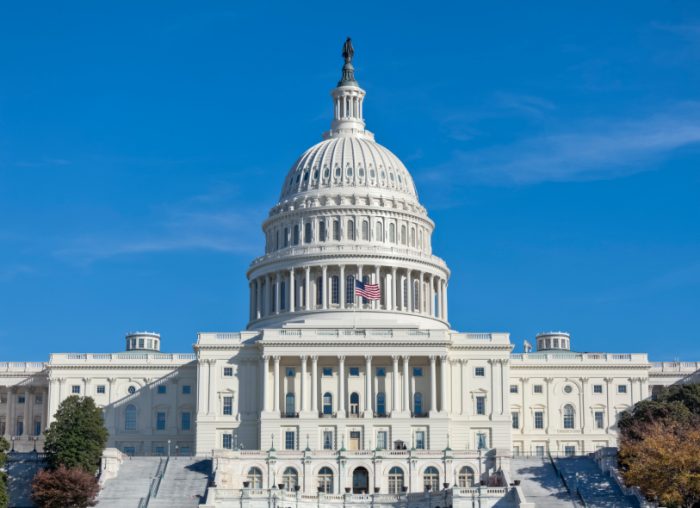budget
90.5 WESA: PA Human Service Officials Say Budget Proposal Will Eliminate Wait List for Disability Services, RCPA Member Achieva Quoted
TribLIVE: Dr. Val Arkoosh — Shapiro’s Proposed Budget Would Be Life Changing for People With Disabilities, Caregivers, RCPA Member Partners for Quality Featured
GoErie: PA Budget Idea Would Help Those With Autism, Intellectual Disabilities, RCPA Member Barber National Institute Highlighted
Capitolwire: Budget Season Brings Rush to Resolve Issues
ICYMI: DHS Secretary Highlights Governor Shapiro’s Historic Budget Investments in Intellectual Disability and Autism Services, Workforce
Harrisburg, PA — Department of Human Services (DHS) Secretary Dr. Val Arkoosh recently published two opinion pieces highlighting the historic investments for intellectual disability and autism (ID/A) services and the ID/A workforce in Governor Josh Shapiro’s 2024/25 proposed budget. At events across the Commonwealth, Secretary Arkoosh has met with advocates, families, caregivers, and direct support professionals to talk about what these investments would mean to them and why they are vital to Pennsylvanians with ID/A so they can live with the dignity and independence they deserve.
The Governor’s proposed $483 million in federal and state funding would provide more resources for home and community-based service providers, so they in turn can pay competitive rates to attract and retain the staff who provide these essential services. The proposal includes a $78 million investment of federal and state funds to serve an additional 1,500 Pennsylvanians with ID/A currently on the waitlist in the next fiscal year.
Governor Shapiro and Secretary Arkoosh recently met with Pennsylvanians with ID/A, caregivers, and advocates to hear how the proposed investments in his 2024/25 budget would address the needs of Pennsylvanians with ID/A by expanding access to support home and community-based services and addressing the shortage of direct support professionals.
Watch Secretary Arkoosh’s visit to Vision for Equality in Philadelphia.
Watch Secretary Arkoosh’s visit to Penn-Mar Human Services in York County.
Read additional materials below:
- The Reporter: Governor Shapiro’s budget would make a real difference for families caring for individuals with disabilities
- PennLive: Gov. Shapiro’s budget would help families caring for people with disabilities
Read what Pennsylvanians are saying:













